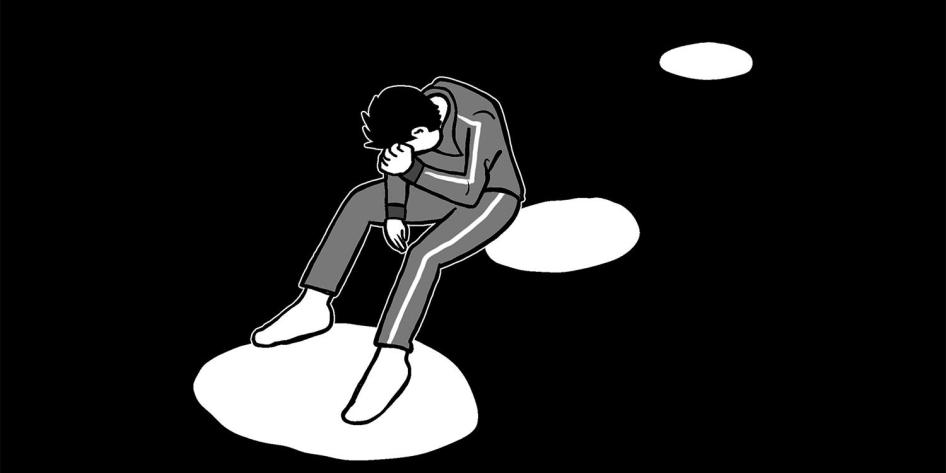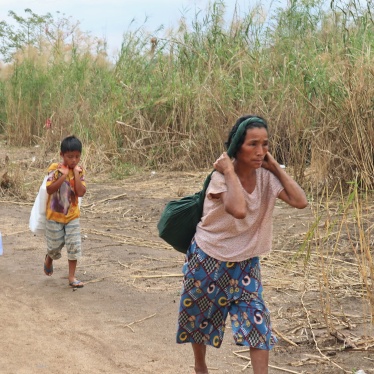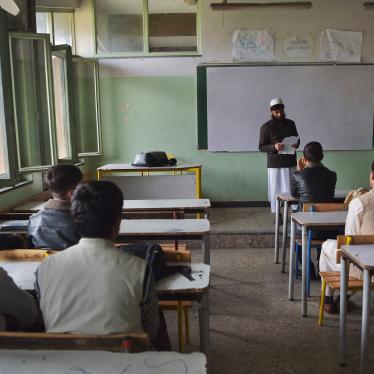Last year, my colleagues and I interviewed sexual and gender minority youth from across Japan to learn about their experiences at school. The information we documented was harrowing: harassment and bullying colored the lives of many of the youth we met. Many had dropped out of school. The report we published in May shed light on this often-silenced minority and called on the government to make changes to protect them.
With Japan’s national curriculum under review this year, the government has a once-in-a-decade opportunity to improve the situation.
For example, while both the elementary school and junior high school health curricula instruct that children, as they grow, “naturally develop an attraction to the opposite sex,” there is no reference to homosexuality or transgender people. This should be revised to instruct that attraction to same-sex people, and development of gender identity are natural variations of human life.
One message we heard from LGBT youth, their friends, and their teachers was nearly unanimous: Japan’s youth want to learn facts about sexual orientation and gender identity in the classroom – and not from stereotyped news reports or anti-gay slurs. “The Ministry of Education needs to mandate knowledge,” a teacher in Tokyo told us.
The Ministry of Education has already taken some steps. In its April 2016 “Guidebook for Teachers,” the ministry signaled a promising move toward inclusive education, stating: “It is possible that gender identity and sexual orientation are touched upon as part of human rights education.” The following month, Japan, along with the United States and the Netherlands, led a UNESCO conference on LGBT student bullying – demonstrating the government’s international leadership on making schools safe for all students.
While these are promising gestures, the government should use the current 2016 curriculum revision process as an opportunity to make concrete progress toward protecting all students.
Japanese students told Human Rights Watch that because of a lack of an LGBT-inclusive curriculum, the information they received from teachers about LGBT people was inaccurate, sometimes bigoted, and based entirely on teachers’ personal views of sexuality rather than science or human rights. Between 2011 and 2013, Professor Yasuharu Hidaka surveyed nearly 6,000 teachers who taught kindergarten through high school across five municipalities. He found that between 63 and 73 percent of respondents indicated they thought LGBT issues should be included in the curriculum.
Japan’s government should now take the step of amending the national curriculum to make LGBT topics standardized and mandatory, rather than optional.








